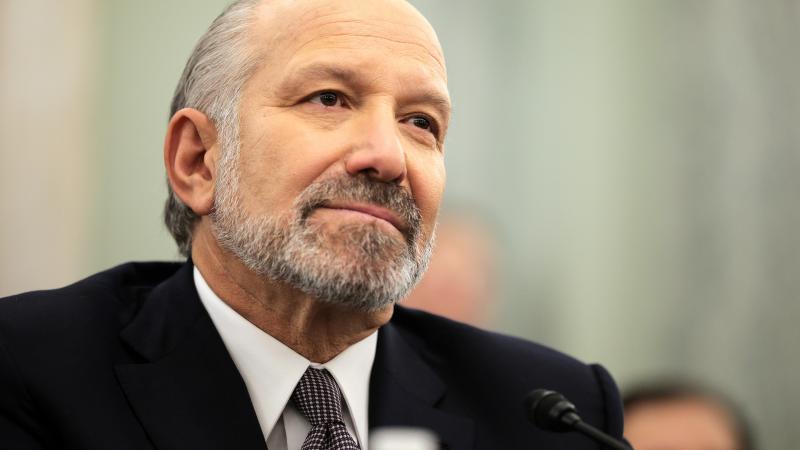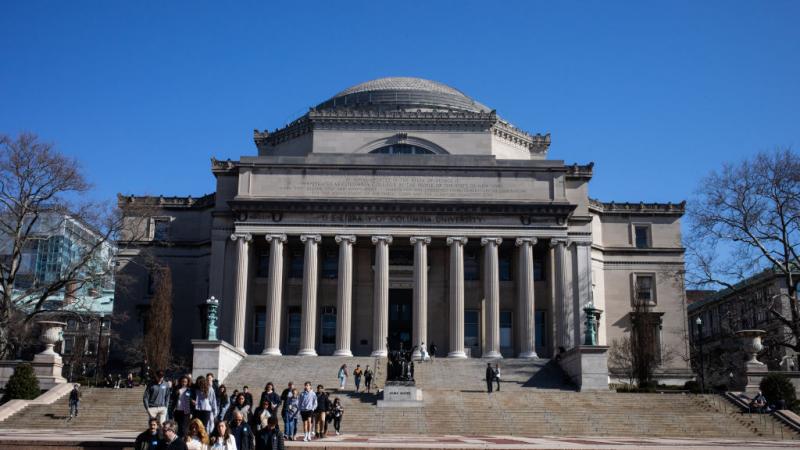North Carolina Gov. Roy Cooper vetoes omnibus charter school legislation
Legislation would have lessened the caps on enrollment growth. The Charter School Omnibus bill, as it is known, would also allow county commissioners to give property tax for capital projects
Another piece of charter school legislation was vetoed by Gov. Roy Cooper late Friday afternoon.
The bill would have lessened the caps on enrollment growth. The Charter School Omnibus bill, as it is known, would also allow county commissioners to give property tax proceeds for capital projects.
Cooper, a second-term Democrat, previously vetoed the Charter School Review Board legislation.
The latest veto by Cooper is his 89th since taking office in January 2017 and 14th this session. Eight of those have already been reversed by successful override challenges, and more are expected.
Cooper’s statement on the veto, in full, said, “This bill allowing more students to attend failing charter schools risks their education and their future. The State Board of Education should continue to oversee the enrollment growth of charter schools to assure success. North Carolina should continue to cap the enrollment growth of low-performing charter schools until they can show that they improve student achievement. Finally, diverting local resources to build charter schools without clear authority on who owns them risks financial loss to county taxpayers who have no recourse.”
The governor signed two bills into law, one involving statutes related to administration of justice and another involving firefighter applicants. A fourth bill becoming law without his signature involved multiple statutes, notably for retirement systems of teachers, state employees, local government employees, the legislative retirement system, and the judicial retirement system.
In addition to the review board for charter schools, override challenges are already expected for five bills: Parents’ Bill of Rights, Fairness in Women’s Sports Act, Gender Transition/Minors, Code Council Reorganization and Various Code Amendments.
Per state law, the 170-member General Assembly can override gubernatorial vetoes if each chamber has a three-fifths majority in favor – 30 Senate, 72 House if all are present. Republicans occupy that many seats in the chambers, respectively.
















